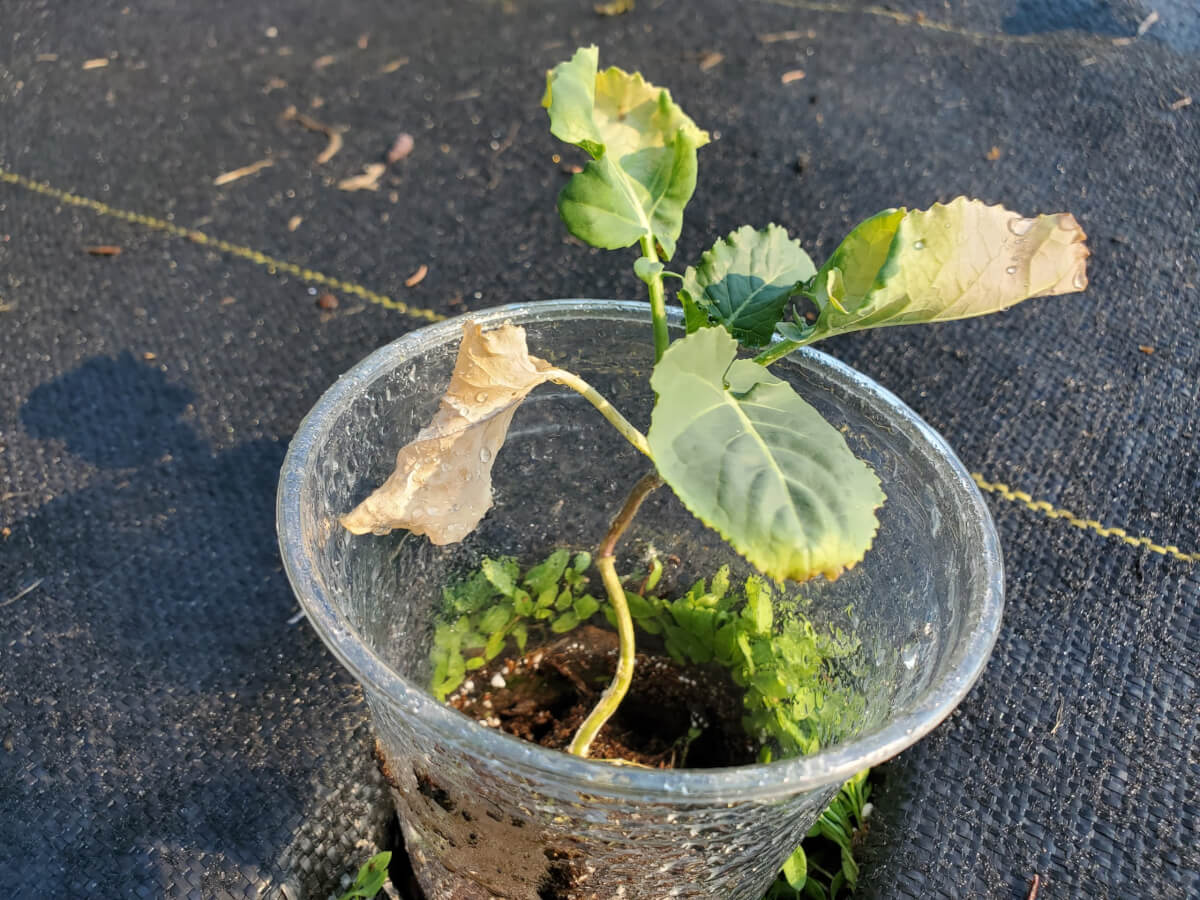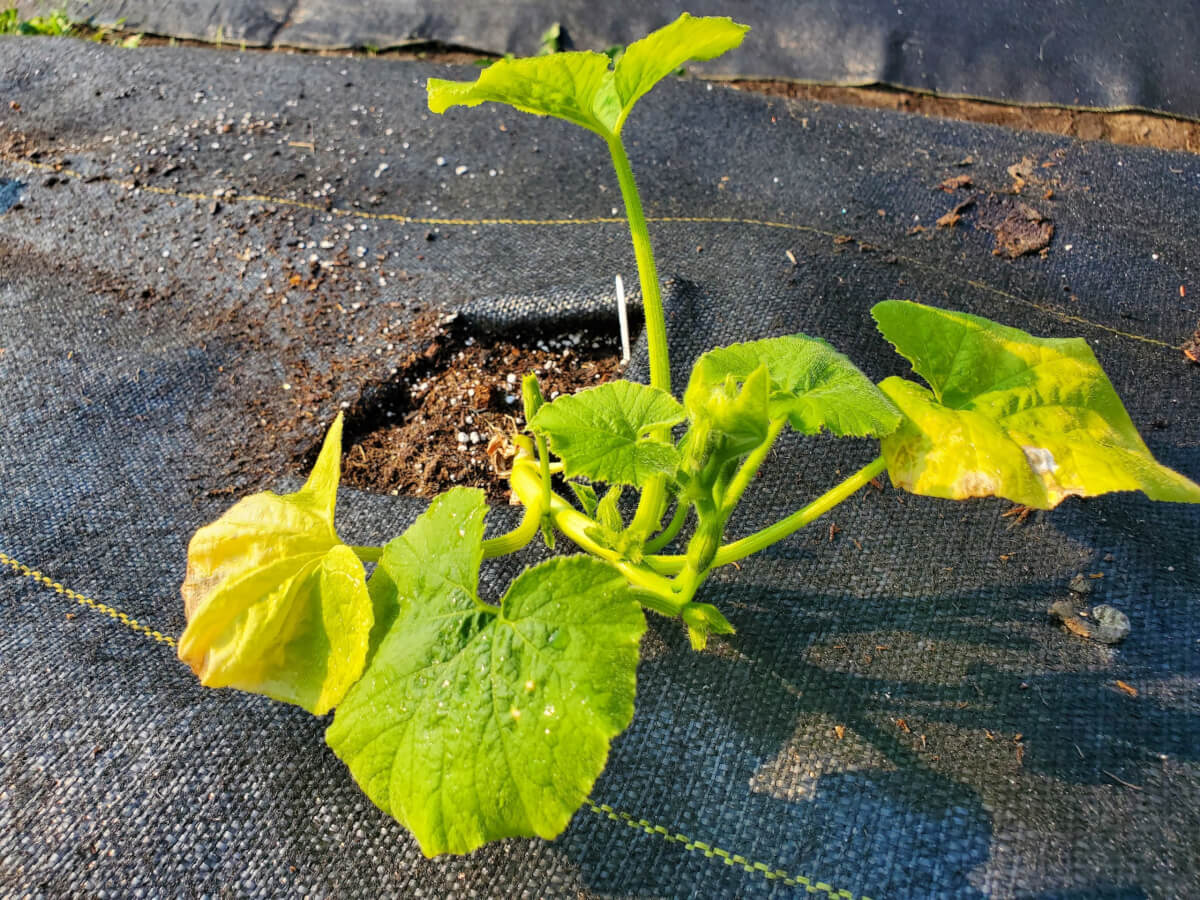Let’s talk a bit about correcting plant issues! Some of you might have some plants that are showing various signs or problems. It’s hard to do anything but generalize here, so we’ll give you some general tips!
First, resist the urge to do too much. This hits newer growers heavily. Something starts to happen, then they start adding this, that and the other thing in a bit of a panic. It’s really easy to “overcorrect” things to where you actually induce other problems with your plants! Like we said the other day, you might just be dealing with something as simple as transplant shock!
Two, plants aren’t like people in their healing abilities. If a leaf has yellowed or turned some other color, it will stay that way! Don’t anticipate if you correct the issue that the plant will “bounce back” all of a sudden. You need to watch the plant’s NEW growth to see if you’ve corrected the underlying issue. Also, observe if the problem continues to get worse…if it doesn’t get worse, doing nothing is the best course forward!
Three, plants are pretty simple from a nutritional standpoint. They need NPK (nitrogen/potassium/phosphorus), also known as fertilizer. Sure, they need stuff called micronutrients, but the NPK is the big one since most soils have most/all the micronutrients needed. If people are recommending you add “epsom salts” or something that isn’t actual fertilizer, you better be darn sure it’s those exact elements that you’re missing. The truth is, most people have no idea what’s going on! This results in micromanaging your plant’s nutrition, and unless you have soil composition feedback, you’re really just shooting in the dark. We recommend complete fertilizers, specifically water soluble fertilizers, as they work quickly to correct nutritional issues, are generally easy to apply and won’t burn your plants if you follow the directions. Specifically, we like and use the Jack’s brand of fertilizer ourselves. (Also, to be clear, we’re not saying “epsom salt” is bad, it’s just that it will only correct deficiencies in magnesium and sulfur which “usually” isn’t the actual problem.)
Lastly, in cold climates, we recommend regular applications of fertilizer and thus recommend fertilizers that are designed to be applied weekly or so. We really have to “power through” our short summer, so regularly applied fertilizers ensure constant availability of nutrients, big plants and maximum harvests.
It’s hard for us to troubleshoot every plant problem, but this is the “framework” that we use to decide what and how much of anything that we’ll do to fix plant issues. Hope it helps you!
The photo below shows a plant featuring basic transplant shock. We recommend adding a water soluble fertilizer to correct the issue.



